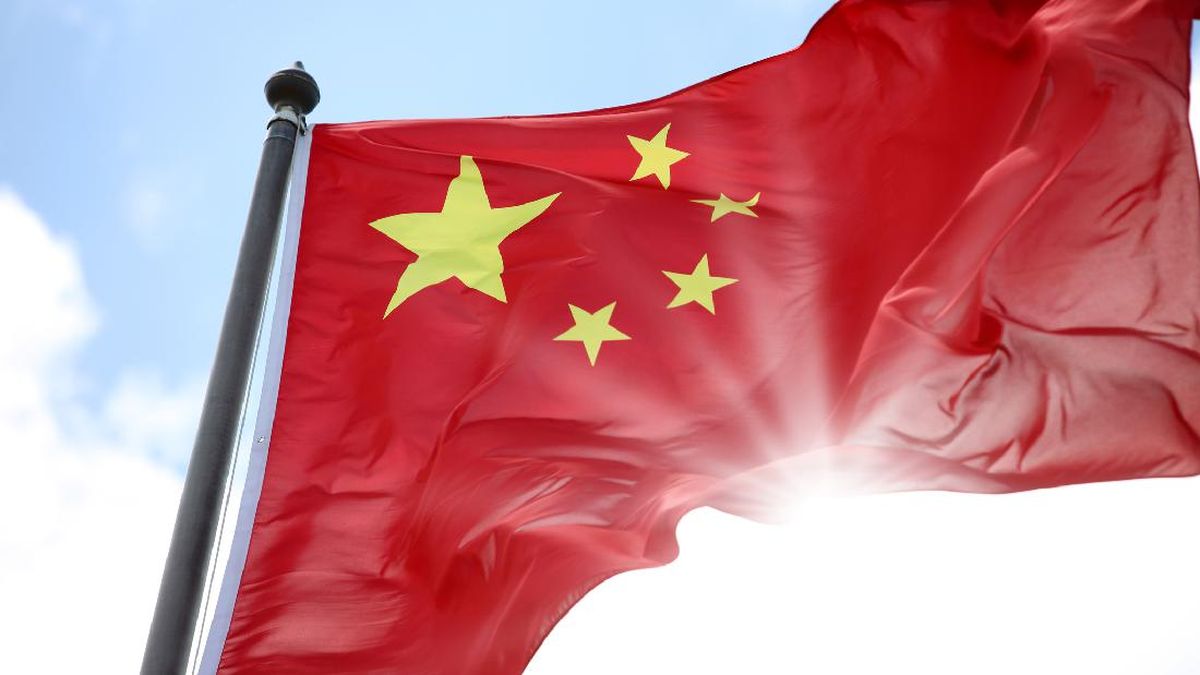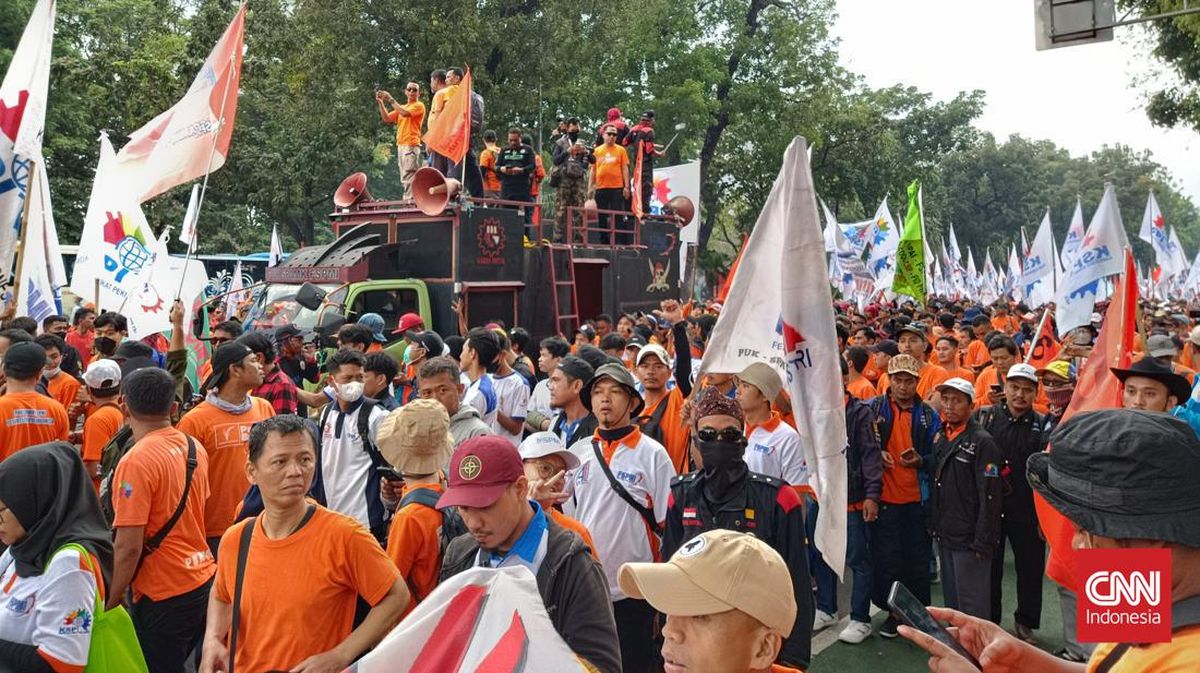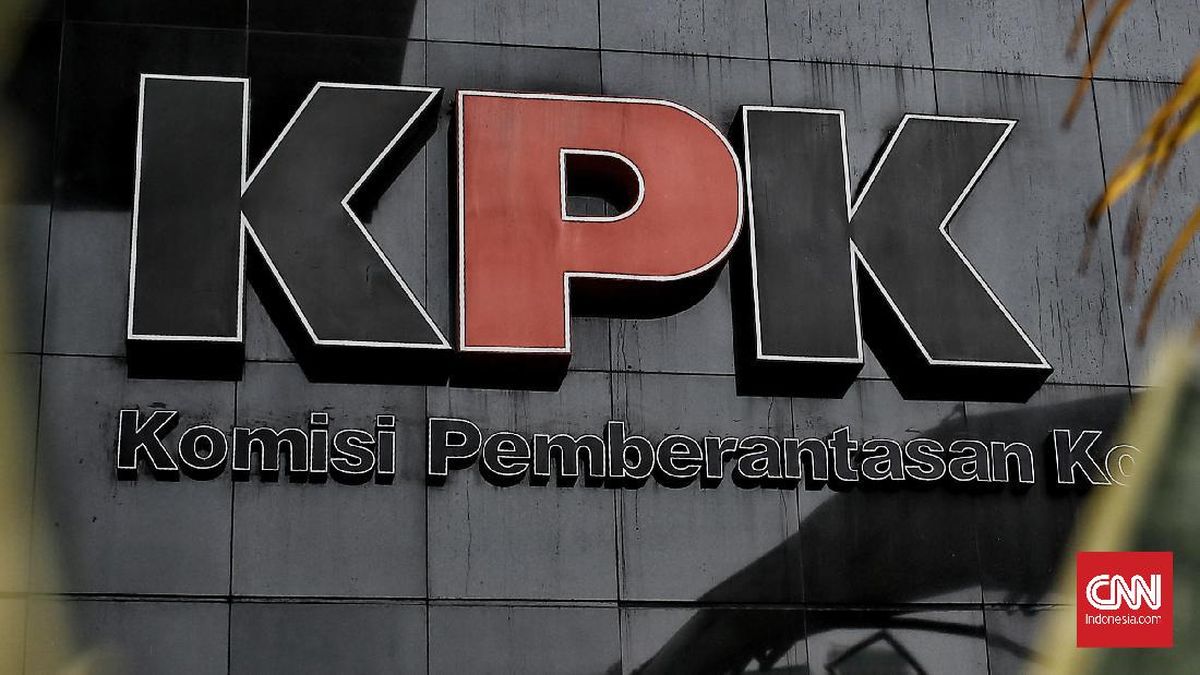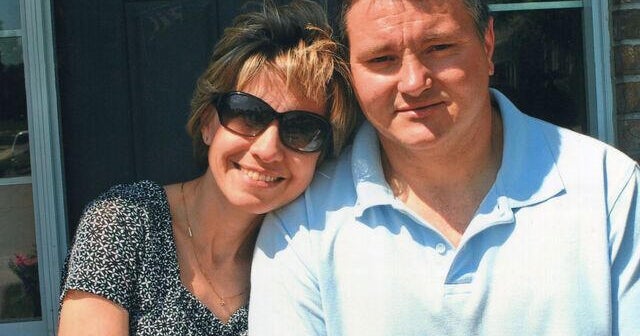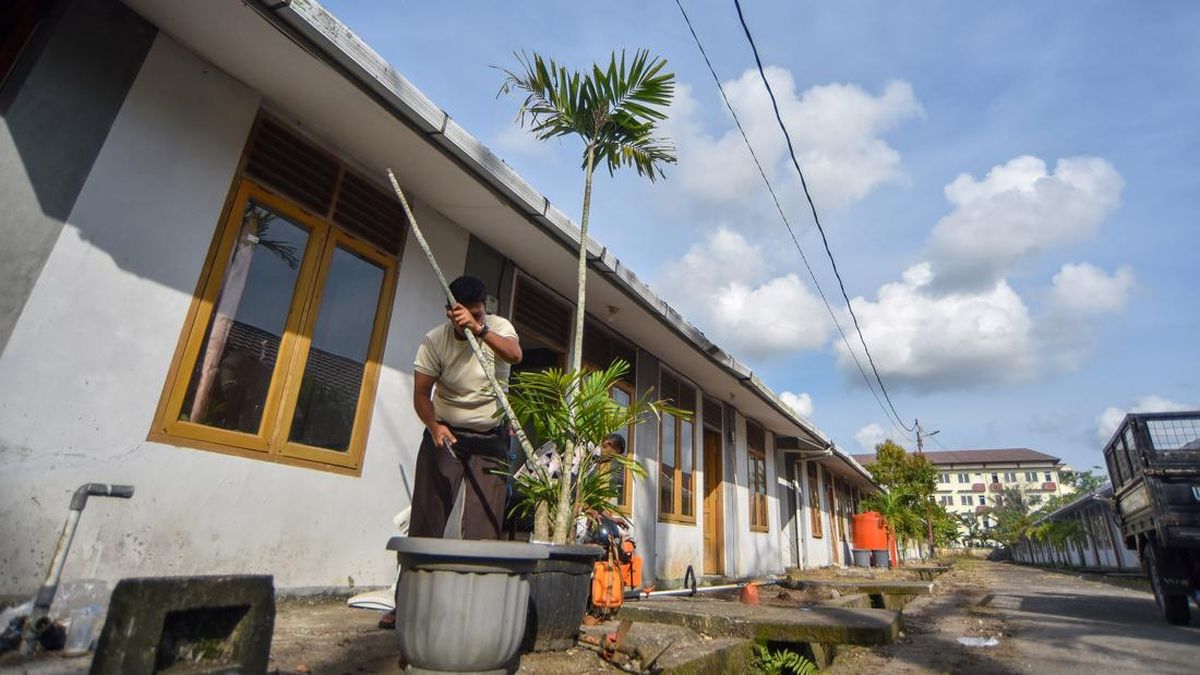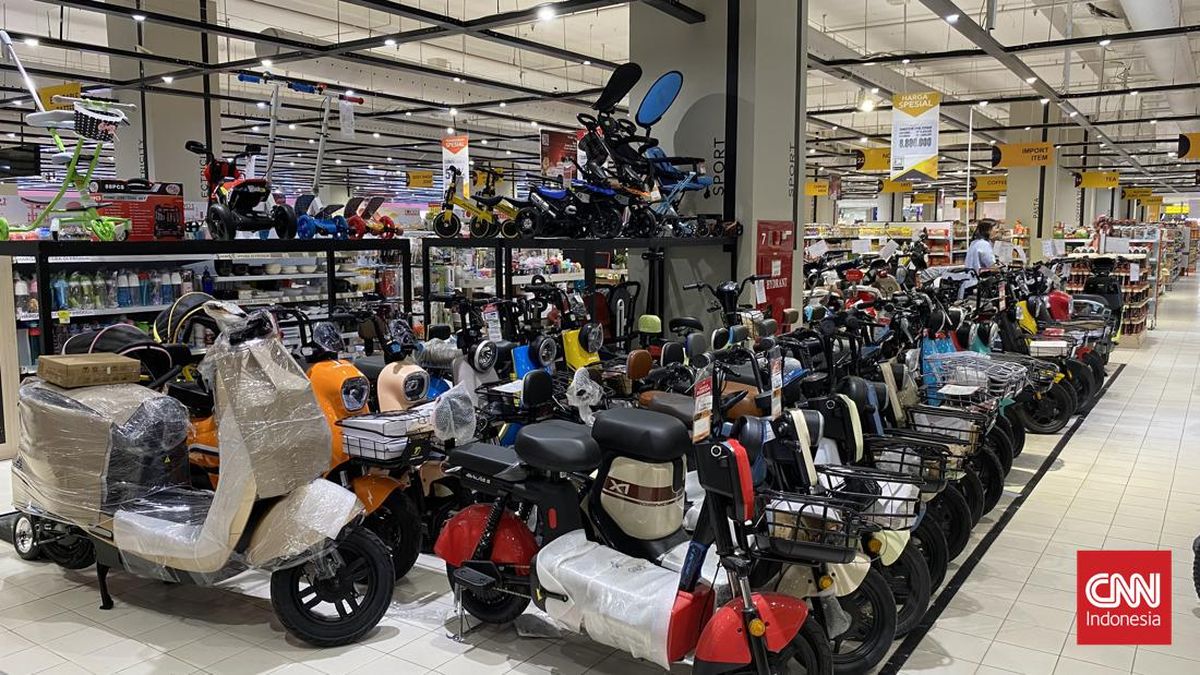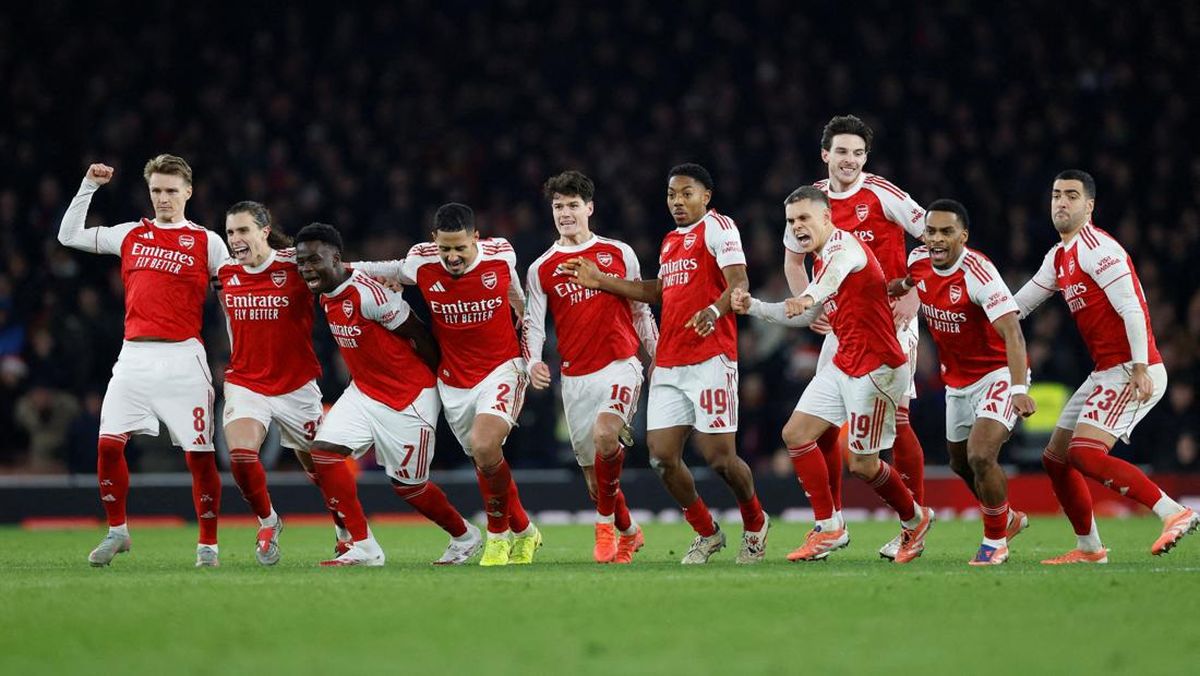One of Australia’s top graduate recruiters, Lendlease, recently started to notice strange behaviour from its job candidates.
One step of the application process required applicants to film themselves answering questions within a set time-frame. Judging from the videos, it soon became apparent some were reading scripted or AI-generated responses.

Software multinational company Canva encourages candidates to use artificial intelligence software in the application process.
Multinational software company Canva has had a similar problem.
“The rise of AI interviewing tools has changed the landscape entirely,” its head of platform, Simon Newton, said in a post on the company’s website.
“Candidates are increasingly using AI assistance during technical interviews, sometimes covertly through tools specifically designed to avoid detection.”
Loading
The explosion of AI has turned recruitment into a minefield, in which it is difficult to assess if candidates are actually saying what they’re saying, or have the skills they might appear to be able to demonstrate.
At the same time, recent graduates must navigate a digital recruitment process which includes AI software designed to filter them out, amid broader fears that the very entry-level jobs they are applying for will soon be replaced with the same technology.
While candidates are using AI in interviews at the company, a Lendlease spokesperson said AI had also “helped streamline” its recruitment process, although they said the firm remained focused on “attracting strong undergraduate and graduate talent” through its Early Careers program.
A first-of-its-kind study from Stanford University released this week identified a trend in corporate America that might feel eerily familiar to some young Australian jobseekers. Analysing payroll software, it found those aged 22 to 25 years in AI-exposed occupations had experienced a 13 per cent relative decline in employment, while less exposed industries and age groups had remained stable. It said there was large-scale evidence consistent with the hypothesis that the AI revolution is beginning to have a significant and disproportionate impact on entry-level workers.
Bachelor of commerce student Lara Veidners, who is also the event director of the Sydney University Business Society, said there was a feeling among her peers that finding graduate employment was difficult. But she is not afraid of AI.

Lara Viedners and Xavier Sawaqed from the Sydney University Business Society.Credit: Steven Siewert
“I think utilising artificial intelligence to the best of our abilities has become a real sort of power of the undergraduate, demonstrating how we can effectively use it. That’s how you can differentiate yourself between those who might fear it or be anxious,” she said.
While she’s positive about AI, Veidners said it was nevertheless tough to get a graduate job, which she attributes to higher quality graduates.
“The sentiment amongst jobseekers and also fresh graduates, it is far more challenging than we expected it to be,” she said.
“It’s a very rigorous process to go through each and every company and track all those things, but rigorous for the better … because, at least in that way, you’re hopefully more likely to find a company which is a good fit for you.”
The rapid change in recruitment practices has been keenly observed by fellow University of Sydney student Xavier Sawaqed who, after finishing high school, contemplated going straight into the workforce and applied for a few jobs. Ultimately, he decided to study commerce and finance at university and five years later, he’s now looking for a graduate job.
“Straight out of school, my experience was very different,” he said.
The text boxes he used to have to fill out in a job application form now gone, rendered useless because anyone can spit out a cogent answer using artificial intelligence.
“This video screening step is kind of new,” he said.

Dean of UNSW Business School Frederik Anseel says banks want graduates who can hold themselves in a room.Credit: Louie Douvis
Dean of UNSW Business School Professor Frederik Anseel said that while graduates might feel the market was competitive, “it is very difficult to know if this is because of AI ... or because of an economic slowing down and the uncertainty around US tariffs that’s happening”.
He noted while the Stanford study showed a decline in jobs deemed to be exposed to AI, there was also growth in areas where workers could utilise it.
Instagram account Aussie Corporate, which surveys graduates, claims a Google information technology software graduate was paid $200,000 this year, while Macquarie paid $186,000 to graduates in its investment banking stream. Neither company would verify this information.
Anseel said there was an increased interest in banking graduates with strong communication skills: for example, students who could hold themselves in a room when being challenged.
“This is not something you can learn from home behind a laptop. You need to do it, we try to give people as much exposure to these sorts of things,” he said.
Australian Catholic University deputy chancellor academic Julie Cogin, whose university will next year offer a bachelor of computer science and master of data science course co-designed with Amazon Web Services, said artificial intelligence was an opportunity for current university students.

“There is job displacement... but equally, there has been a lot of job creation and new roles,” says Australian Catholic University’s Julie Cogin.Credit: Louis Treirse
“AI is already reshaping our whole marketplace, but there’s both positive and negative impacts. Without a doubt, there is job displacement ... but equally, there has been a lot of job creation and new roles,” she said.
Canva’s head of talent acquisition, Lorraine Dooley, said AI had not impacted the number of people being hired, but it had changed the hiring process.
“Now, we expect candidates in backend, machine learning, and frontend engineering interviews to use [AI] tools like Copilot, Cursor or Claude, because those tools are part of everyday problem-solving at Canva,” she said.
Loading
“In interviews, we’re looking for thoughtful, intentional communicators, people who explain their thinking with clarity, who listen well.”
In the end, UNSW head of employability Esmond Esguerra, said employers were seeking graduates who could solve problems, communicate and work with others. To cater for that, the university runs programs to expressly teach students communication skills in which nothing is too baseline.
“Like even pausing when you’re trying to make a point, looking people in the eye when you are sending a message, and even the professional way of greeting people or speaking to people is something that we consider,” he said.
It certainly doesn’t involve reading from a script.
The Morning Edition newsletter is our guide to the day’s most important and interesting stories, analysis and insights. Sign up here.
Most Viewed in National
Loading







